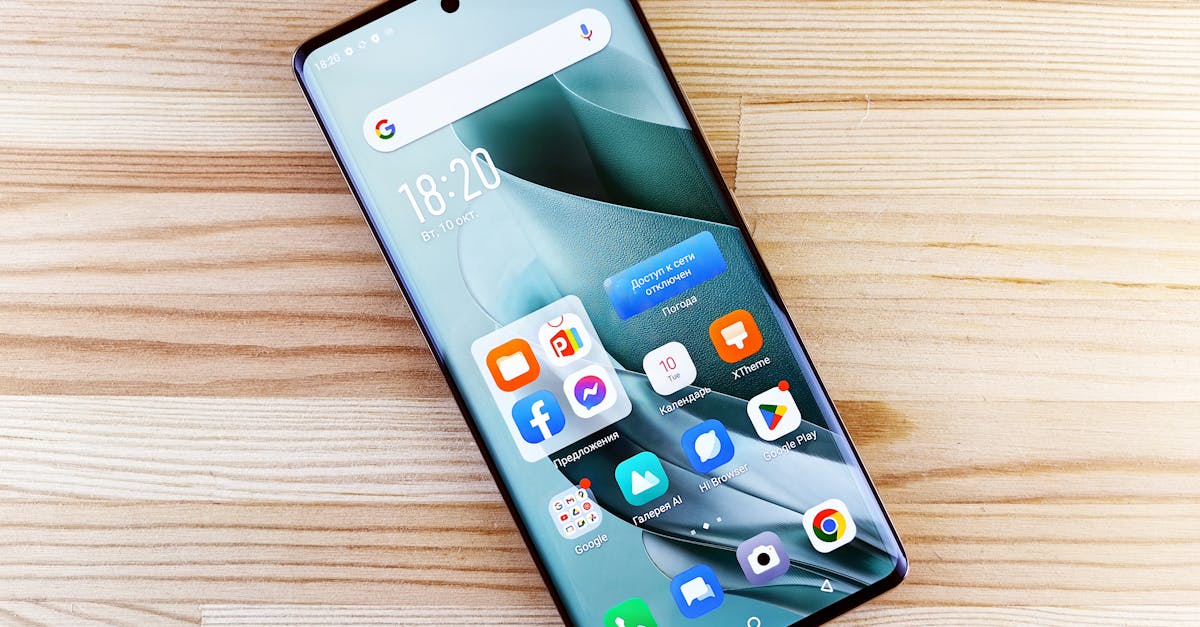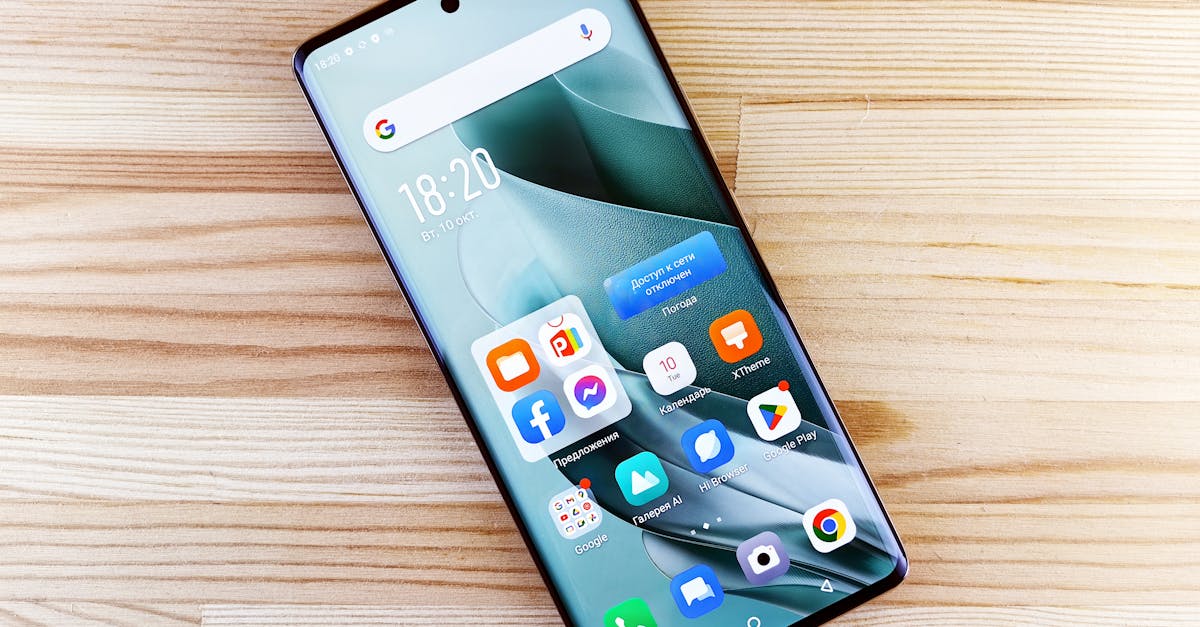The Future Of Foldable Phones Innovations And Challenges
Introduction
Foldable phones have sparked great excitement and intrigue in the tech industry. Offering versatility with their dual screens and foldable designs, they promise to redefine our interaction with technology. As smartphone technology evolves, understanding the potential and challenges of foldable phones becomes crucial.
Advertisement
Innovation in Design
The promise of foldable phones lies in their innovative design. These devices seamlessly transform from a compact phone into a larger tablet. Engineers are using cutting-edge materials like flexible OLED screens and advanced hinge mechanisms to ensure durability and performance, crafting a new frontier in mobile technology.
Advertisement
Enhanced User Experience
Foldable phones aim to provide an enhanced user experience by offering more screen real estate without sacrificing portability. Multitaskers can run multiple applications simultaneously, improving productivity. Accessories like styluses are often integrated, offering creative users the chance to draw or write on expansive screens.
Advertisement
Challenges in Durability
One of the foremost challenges is ensuring the durability of foldable phones. The regular bending and folding of devices can lead to wear and tear, especially near the hinges. Manufacturers are rigorously testing materials and design mechanisms to strike a balance between flexibility and strength.
Advertisement
Impact on Battery Life
Foldable phones typically host larger screens, leading to increased power consumption. This can affect battery life, posing a challenge for developers to innovate in battery technology and energy management. Fast-charging capabilities and power-efficient processors are essential to ensure prolonged usage.
Advertisement
Cost Considerations
The intricate technology involved in foldable phones makes them considerably more expensive than traditional smartphones. This high price point can be a barrier for many potential users. As technology advances and becomes more mainstream, it is anticipated that costs will decrease, making these devices more accessible.
Advertisement
Software Optimization
Optimizing software to work seamlessly with foldable screens is another significant hurdle. Ensuring applications can switch smoothly between various configurations and make full use of the extra screen space requires continuous innovation and collaboration between hardware and software developers.
Advertisement
Environmental Impact
With the rise of foldable phones, understanding their environmental impact is also vital. Their production can involve utilizing rare materials, impacting sustainability. Recycling and creating eco-friendly components are pivotal steps for manufacturers to consider as they aim to minimize ecological footprints.
Advertisement
Competitive Landscape
The foldable phone market is burgeoning, with tech giants and new entrants vying for dominance. Innovations from companies like Samsung and Huawei are setting benchmarks while encouraging competition. Such rivalry stimulates progress, pushing for improvements in design, functionality, and affordability.
Advertisement
Conclusion
Foldable phones usher in a new era of technological innovation, blending design with functionality. While they face challenges like durability and high costs, ongoing advancements promise to surmount these barriers. As technology evolves, foldable phones may very well become the standard, offering a glimpse of the future of communication devices.
Advertisement


